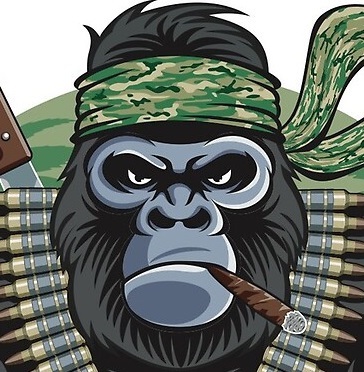gonna be posting a bunch of quotes in this thread that I want to preserve. you are welcome to post critiques of a given pasta, just remember I don't 100% agree with all of these (only most) but consider them information worth saving. proposed edits will be considered
CONTENT WARNING: there's going to be mentions of imperial atrocities in here, including SA and torture.


from https://np.reddit.com/r/GenZedong/comments/v4ey28/how_has_china_maintained_their_revolution_as/ib40vje/